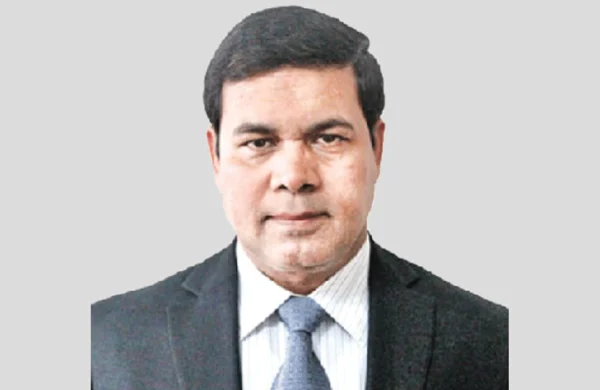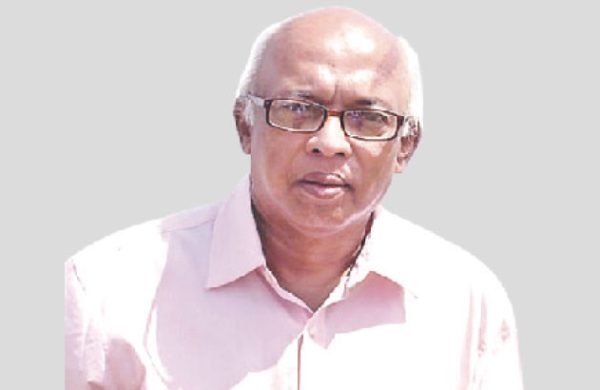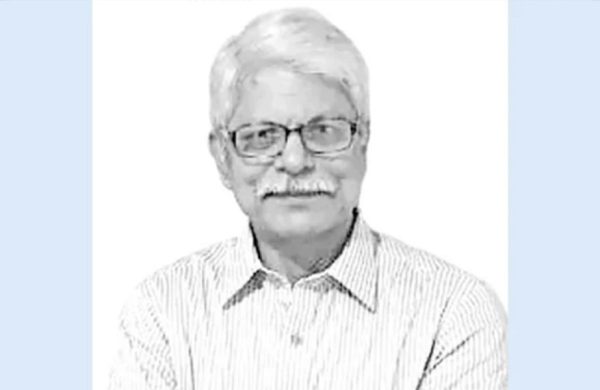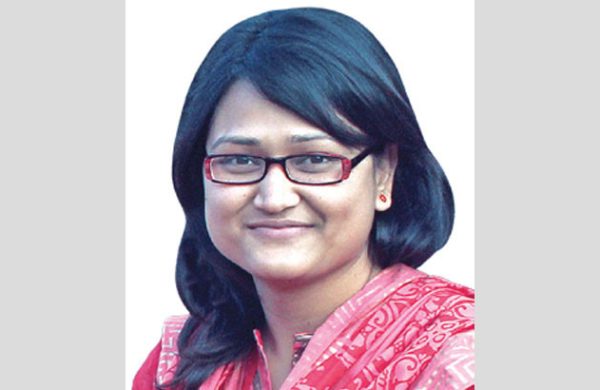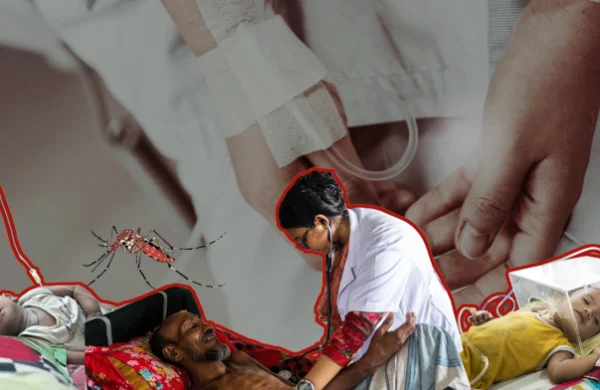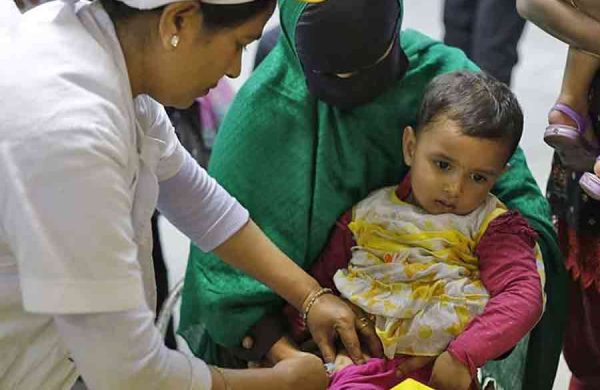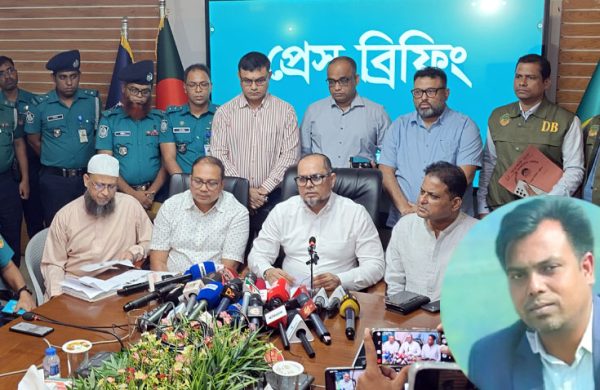What Lies Between Vote and Void?
- Update Time : Saturday, August 9, 2025
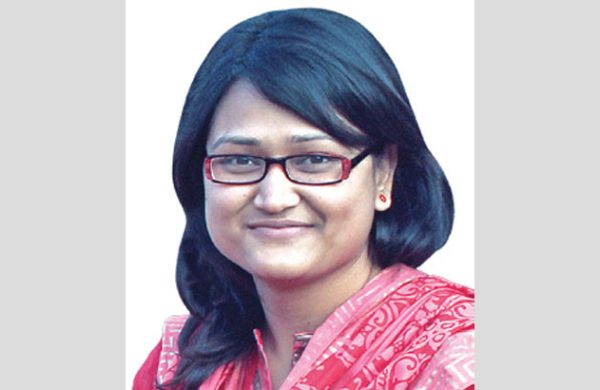
—Kaniz Kakon—
There’s a strange quiet that often follows the announcement of something long awaited. The kind of quiet that doesn’t feel like relief, but more like a held breath. That’s where Bangladesh finds itself today, as the interim government finally sets a time for the national election: February 2026. It’s official. It’s scheduled. And yet, something feels unresolved. Not because the date itself is wrong, but because the journey here has felt uncertain, incomplete. The promises that once stirred crowds and softened despair have grown vague. People don’t just want a vote. They want to believe it will mean something. But belief, once strained, isn’t easily restored, especially not when it’s been kept waiting this long.
When the old regime fell last year, it wasn’t just a political rupture but a collective reckoning. A student-led wave of resistance had spoken not only against autocracy but against decades of manipulation, indifference, and institutional decay. The uprising demanded more than a change of faces; it asked for a change of purpose. This cry for state restoration was not about quick fixes or cosmetic reforms. It was about healing something that had broken in the soul of public life. The interim government echoed that call. It spoke of justice, reform, and rebuilding. Commissions were formed. Experts were appointed. Dialogues were promised. And for a while, many people believed.
But somewhere along the way, something shifted. The energy is dissipated. The urgency faded into process. Meetings were held, yes, and documents produced, but few of these efforts translated into concrete change. Most of the reform commissions began working in silos. Many critical sectors, like education, received no meaningful structural attention. Even as teachers and students began protesting again, locking classrooms and taking to the streets, education reform remained a footnote. And in the absence of visible action, the mood began to turn. People didn’t see the reform. They didn’t feel the justice. They only saw time slipping away.
And time, when mishandled in politics, becomes heavy. It stops being a space for reflection and becomes a source of resentment. A recent national survey showed that the public’s faith in the interim government’s ability to deliver has eroded. Over half of those surveyed felt that law and order had not improved. Most notably, the majority expressed doubts about whether the groundwork for a fair election had truly been laid. These aren’t just opinions, they’re expressions of growing distance between people and power. In politics, that distance can become a silence. And silence, when it thickens, can become a verdict.
And yet, paradoxically, political blankness is also setting in. As new electoral narratives emerge, the deeper demand for structural reform is slowly being buried under campaign noise. Political parties, particularly the ones most eager to return to power, now speak only of election dates and schedules. They speak of legitimacy, but not of responsibility. They want the keys to governance without revisiting the failures that made the previous system collapse. In this scramble to move forward, few seem interested in pausing to reflect. But a democracy that doesn’t reflect risks repeating its own worst patterns. This is the core danger we now face: the reduction of reform into a temporary talking point, rather than a sustained commitment.
Meanwhile, the interim leadership, once seen as the moral counterpoint to a decaying political order, has grown increasingly bureaucratic in tone. The spirit of transition, once filled with clarity and confidence, has turned cautious, even defensive. The government points to technical achievements: implementation rates, security planning, and electoral funding. These things matter, of course. But democracy is more than logistics. It’s also about emotion, legitimacy, and rhythm. It’s about the sense that people are participating in something bigger than themselves, something they can claim as their own. Right now, that feeling is missing. The election may be scheduled, but the transition doesn’t yet feel real.
So, where does this leave us? In limbo, perhaps. Or on the edge of something still undecided. But history hasn’t closed its book yet. There’s still time for the interim government, and the political class at large, to steer this moment toward something meaningful. That would mean going beyond symbolic reforms and tackling the urgent, actionable issues that require no further delay. Strengthening the Election Commission’s independence, improving campaign finance transparency, enforcing internal democracy within political parties, and prosecuting syndicates that continue to exploit citizens are not impossible tasks. They require will, not just time.
Equally urgent is the need to treat sectors like health and education not as administrative burdens, but as moral priorities. Astonishingly, the very movement born in classrooms and campuses hasn’t been followed by a visionary education reform agenda. What message does that send to the students who risked their futures for a better one? A permanent education commission, similar to what has been proposed for health, could be a start. And in parallel, the government must engage the broader civic landscape, NGOs, community networks, and professional associations—not only as implementers but as co-creators of public life. Democracy is not just about elections; it’s also about the day after.
But perhaps the most important work that remains is less technical and more philosophical. The nation needs to revisit what it means to govern justly. It needs to ask what kind of democracy it wants to become, not just procedurally, but morally. That kind of conversation cannot be held behind closed doors or among elites alone. It must involve the public—citizens whose patience is wearing thin, but whose hopes have not completely vanished. A democratic transition, at its best, is a collective act of imagination. We must not waste it on routine.
Let February 2026 be remembered not just as a date finally declared, but as a turning point earned. Let it be a moment when the distance between promises and practice was shortened, when citizens began to believe not just in an election, but in a future. For all its faults, this interim government was born out of a rare moral uprising. That origin story still carries weight. It still carries expectation. And perhaps, if listened to carefully, it still carries a chance.
———————————————————————————-
The writer is an Assistant Professor in the Department of Philosophy at IUBAT and pursuing a Master’s in Human Rights and Multiculturalism at University of South Eastern Norway




